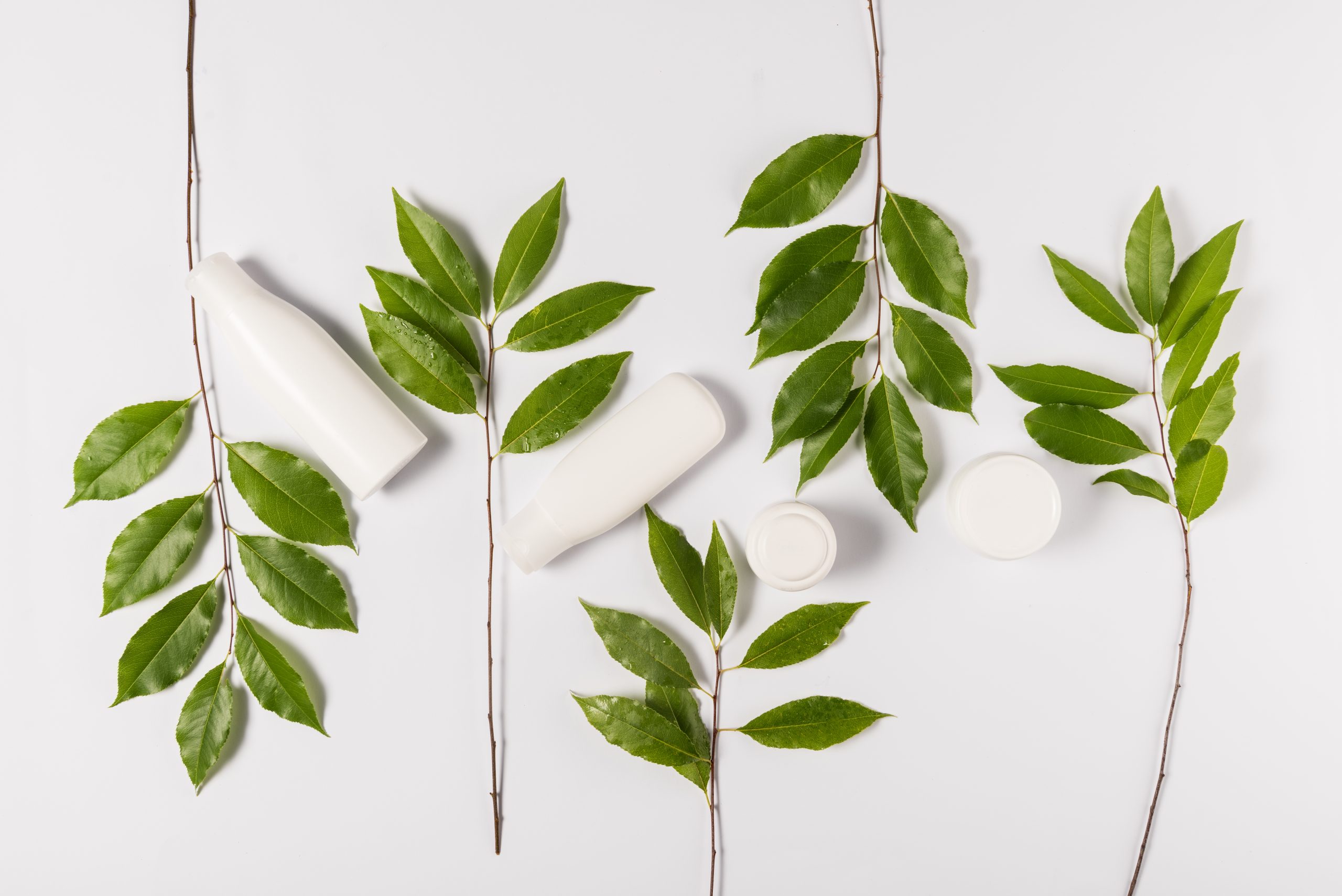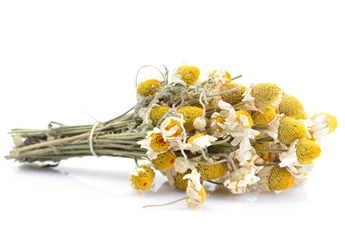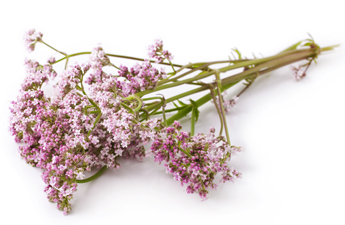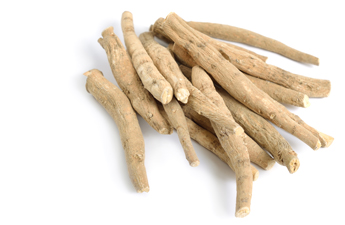By Stephanie Hazel, Accredited Western Herbalist
http://stephaniehazel.com.au/
Acne, like all skin diseases, is a complex issue that requires a whole-body approach to treat. Dermatologists, although skilled in identifying exactly which bacteria or variant of acne, eczema, etc. is present, do not have many effective strategies for curing acne. The only options available through conventional medicine are topical steroids to suppress the inflammatory response, or the contraceptive pill to override the body’s hormonal patterns.
Acne is most common during times of hormonal fluctuations such as puberty and menopause, however many people struggle with acne throughout the majority of their adult life.
Regardless of when it happens, though, acne is extremely difficult psycho-emotionally and often affects a person’s sense of self-worth deeply. Especially for teenagers, who are already prone to social anxiety and crippling self-consciousness, acne can cause social isolation and permanent emotional scarring.
UNDERLYING CAUSES OF ACNE
1. Genetic Predisposition
Probably the single most important factor is a genetic pre-disposition to acne. Most people who struggle with acne, especially the kind that persists into the adult years, have multiple family members with the same issue. This doesn’t mean that it can’t be treated, but rather that people who suffer from acne have a sensitivity in their skin that means that any internal imbalances of hormones and elimination will manifest in pimples and break-outs.
2. Hormonal Imbalances
The connection between hormones and acne is clear to most acne sufferers: it generally peaks in adolescence and menopause, and for women is nearly always linked to the menstrual cycle.
High levels of androgens in males and females increases the production of oil in the skin, and seems to also increase inflammation. Chronic stress causes the body to use hormonal precursors to make cortisol and epinephrine (adrenaline) instead of sex hormones, further unbalancing the endocrine system. Impaired liver function can prevent the liver from excreting hormones when we no longer need them, causing a build up of certain hormones (especially oestrogen) in the blood.
3. Blood Toxicity
In traditional medicine, all skin diseases, including acne, are seen as a failure of the eliminatory organs to keep the blood clean. The build up of toxicity in the blood then is ‘excreted’ through the skin. Although this may not be scientifically accurate, it is still a very useful picture for understanding how impaired elimination through the liver, the kidneys, the lymph and the colon can all contribute to skin flare-ups. Determining which eliminatory pathway/s are impaired in your unique case and addressing them directly is absolutely imperative in any acne-healing protocol.
4. Suppressed emotions
Some new-age type healers associate suppressed anger and/or shame with acne. Although this is by no means verifiable, I know multiple people with acne for whom this is true. I also know others for whom this just doesn’t hold up, so make of that what you will. Nonetheless, if you are suffering from acne, consider some supported psychological work with a quality counsellor or transpersonal therapist to look at any unresolved emotional trauma. Even if it doesn’t help your skin, it will make your life more enjoyable.
TREATING ACNE: FOUR STEPS TO CLEAR SKIN
Any holistic treatment for acne will take at least 3 months of consistent attention to see significant results. Essentially, it requires a full-body health tune-up, as your genetic makeup predisposes you to any internal imbalance causing break outs.
The first step is to identify which body systems are out of balance.
Each individual will be different, so try to work out what is most at play in your unique situation, and choose appropriate herbs to support this.
Liver:
Common signs of liver dysfunction include:
- Intolerance of fried food (feeling nauseous or bloated after eating)
- Headaches, especially at the temples or back of the neck
- Irritability, grumpiness or anger
- A history of liver-toxic medication or intoxicants, such as regular use of ibuprofen or paracetemol, high coffee or alcohol intake, or recreational drug use.
- For women, premenstrual swollen breasts or endometriosis can indicate that the liver is struggling to break down oestrogen
- itchy skin that is prone to redness and allergic welts
Best herbs include dandelion root, barberry, burdock, and rosemary.
Kidneys:
The kidneys are the filters for our blood, that maintain proper fluid balance in the body and the proper ratio of minerals and metals. When their function is impaired general sluggishness and skin problems are common. In fact, in Chinese Medicine, they say that the skin is the third kidney!
Signs your kidneys are impaired:
- water retention or oedema
- dark or strong-smelling urine
- rashes on the body
- urinary gravel, stones or gout
- dark circles under the eyes.
Best herbs include nettle and dandelion leaf, ideally drunk as a tea every day.
Intestines:
Constipation is often linked to acne. If this is the case, use gentle laxatives like dandelion root and psyllium husk and try colonic irrigation.
On the other hand, leaky gut and intestinal dysbiosis can also be contributing factors, as the toxins that are supposed to be excreted by the colon end up leaking through the gut wall and back into the bloodstream.
Signs that you may have leaky gut:
- the coating of your tongue is patchy
- you get bloated and gassy
- you get pain in your intestines
- when you need to go, there is a sense of urgency
- you have a diagnosis of IBS, Crohn’s or ulcerative colitis
- you’ve had multiple courses of antibiotics
- you are sensitive to many different foods
Best herbs include meadowsweet, agrimony, gentian, slippery elm, marshmallow root.
Lymphatic system:
The lymph is like the plumbing system of the body, with a network of tiny vessels as extensive as the blood vessels in the body. Healthy lymphatic fluid is a thin mucus that absorbs wastes from tissues and takes it to the lymphatic glands in the body for filtering.
Signs that your lymphatic system is compromised:
- you have deep cystic pimples
- your glands below your jaw line are swollen
- you have a history of glandular fever (mononucleosis)
- you produce excess mucus from the throat, lungs or sinuses (eg you regularly have a runny nose, or you bring up phlegm often)
Best herbs include cleavers, calendula and echinacea.
Endocrine/hormonal system:
If you have other signs of androgen excess, such as excessive body hair, delayed periods or PCOS, then addressing your directly hormones may be the best approach.
Best herbs include chaste-tree berry, hops, licorice, and peony root.
The second step is to overhaul your diet.
1. Liver-friendly diet.
As we have seen, the liver is very important in hormonal balance and cleansing toxins out of the blood. Fried foods, processed food with chemical additives and intoxicants such as coffee, tobacco, alcohol and drugs (recreational OR pharmaceutical) are all very stressful to the liver and should be eliminated.
2. Low GI diet.
Diets high in sugar and starches wreak havoc with insulin levels and create a cascade of hormonal problems. This means that sweets, pastries, pasta, bread, crackers and sweet drinks (juice and soft-drink) are off the list. Instead, eat plenty of protein, vegetables and whole grains such as brown rice and buckwheat. Nuts make great snacks on a low GI diet.
Most people find it is much harder to reduce sugar than simply cut it out.
3. Eat plenty of fresh vegetables.
Especially choose green leafy vegetables and cruciferous vegetables such as cauliflower and broccoli, which all assist detoxification. Try for 5 serves of vegetables per day.
4. Identify any specific triggers for your acne.
Dairy products is a common trigger for skin problems. To test whether this is true for you, completely eliminate dairy products from you diet for 3 weeks. Then, in one day consume generous amounts of milk, cheese and yoghurt. If your skin breaks out in the following 48 hours, you should cut dairy out long-term. If not, add dairy back in to your diet if you like.
5. Find supplements that work for you.
Vitamins A & E, plus zinc, are all important in maintaining healthy skin that heals rapidly. Including these in the daily regime will reduce the scarring, and speed up the healing of the skin.
Essential fatty acids, especially Omega 3s, reduce inflammation in the gut and the skin. Flaxseed oil is an excellent source.
The third step is to address the skin directly.
By using a herbal liquid topically that is anti-inflammatory, wound healing and anti-bacterial, you will reduce the intensity of break outs, and speed up their healing time. This is not a curative strategy, but it helps to reduce the severity and address the psycho-emotional issues while you are sorting out the underlying issues.
The blend I use for clients is as follows:
15ml barberry tincture (antibacterial, anti-inflammatory)
15ml calendula tincture (wound healing, anti-inflammatory)
10ml meadowsweet (astringent, anti-inflammatory)
10ml sage (antibacterial, vulnerary)
1ml tea-tree oil (antibacterial)
It is best to apply this at night with a cotton wool ball, after cleansing, but before moisturising.
You could also make a tea from calendula, sage, red clover and meadowsweet, and use it as face wash.
The final step is to address stress.
Stress is a major trigger for acne. When we are stressed, we need to use essential building blocks to make adrenaline and cortisol, and cannot use them to make the appropriate sex hormones. This results in further dis-regulation of our reproductive hormones, making the underlying issues worse.
Herbs such as skullcap, valerian, passionflower, vervain and chamomile are great to take as herbal teas on a daily basis to support healthy nervous system functioning.
Stress Less Tea is a fantastic combination of multiple nervous system herbs.
Sleepy Time Tea is also very useful at any time of the day, for people who are prone to feeling anxious, have trouble sleeping, or are burnt out as well as stressed.
Healthy habits for stressed-out people include:
- Daily exercise (even if it is just 20 minutes of walking or yoga, it really does make a big difference)
- Enough sleep. How can your body heal and balance if you aren’t sleeping enough? Get a minimum of seven hours, but if you are under 20, get nine hours. If you have trouble sleeping, then address this as a priority
- Reduce caffeine to a maximum of 1 coffee or 2 teas daily.
- Get enough touch. Massage, patting the dog, cuddling your children, lovers, friends. Touch releases serotonin and oxytocin, and is a fundamental, non-negotiable need of every single human.
With complex, chronic conditions like acne, it is important to correctly identify the underlying patterns and treat the body holistically. You may find that you will try one avenue with moderate success, then try another and finally shift the problem. Persistence is key, and the support of a qualified herbalist is recommended.


 Nextwave
Nextwave

